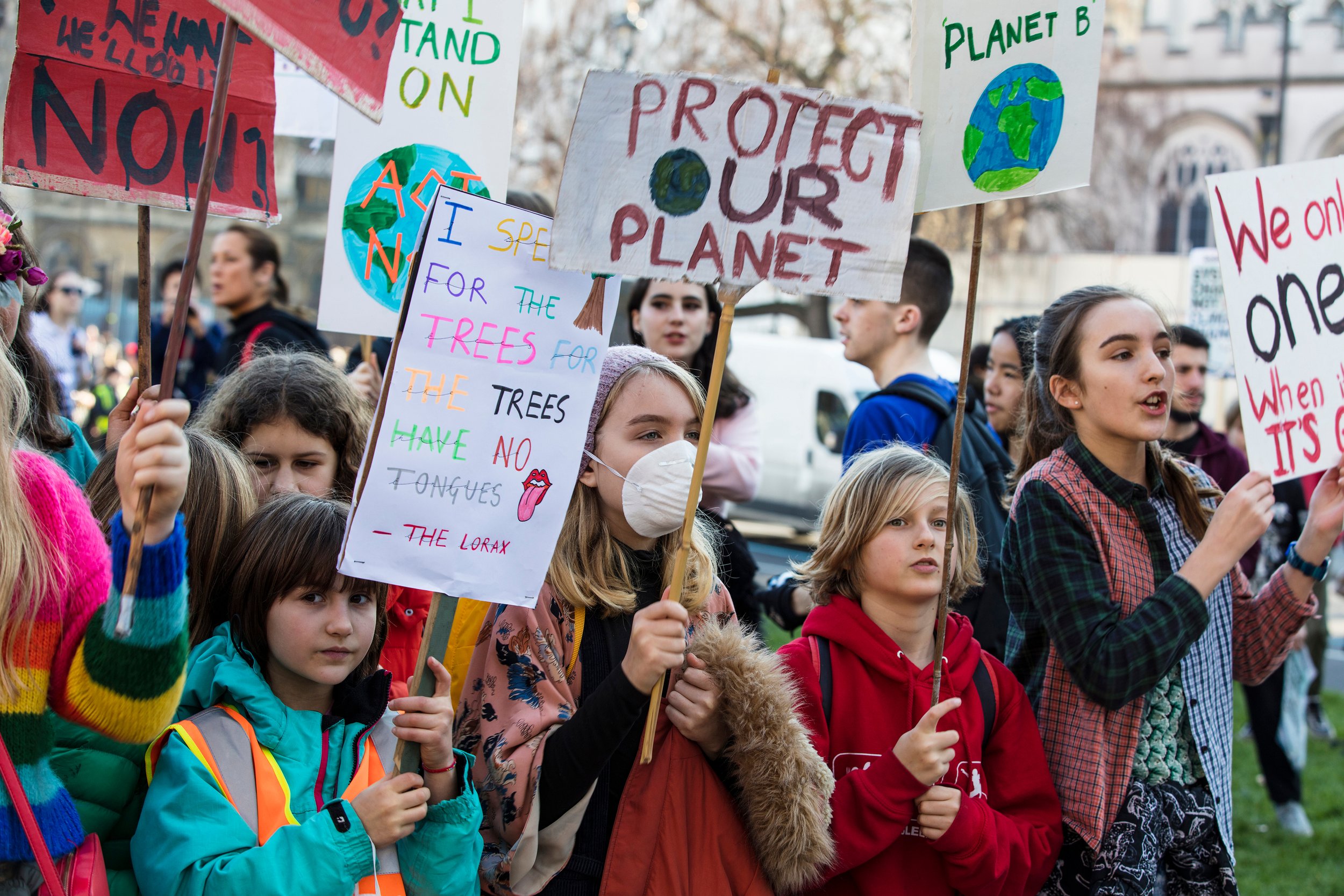ECO Anxiety: supporting Children and Young People
Imagine yourself on a fairground ride. It’s evident to you that it’s going too fast and running out of control. The operator seems to acknowledge your frightened screams but just grins allowing the speed to gather still further. Unable to do anything else, you squeeze your eyes tight shut and brace for impact. That’s how many children and young people are feeling about the climate crisis. Their perception is that those in positions of power and influence are ignoring their concerns and failing to take the necessary action to arrest global warming.
The Chancellor’s recent comments about plans for a 3rd runway at Heathrow may have caused a stir among the children and young people you care for. A study published in the Lancet showed that in 75% of 16-25 year olds surveyed in the UK there was a correlation between climate anxiety and distress and perceived inadequate government response. Another recent study by the charity, “Action for Conservation” suggests that two-thirds of 11-16 year olds are suffering from ECO Anxiety
Like most other forms of anxiety, a significant part of the distress felt is due to the feeling of helplessness. As parents and educators, there are some things we can do to reassure and empower children and young people. And as with so many other concerns, this starts with listening to them.
Children care about the world and what is happening - the figures in these surveys reflect exactly that. Their response is natural, in fact, healthy. If a child asks questions about climate change, first find out what they have learned about the topic, including whether they are reading scaremongering stories online. Then, tell them their questions are brilliant. This is a good opportunity to do some more work on exploring what makes a source trustworthy and how to fact-check.
Encourage young people to focus on science. Help them to balance their quite reasonable worries with the good news stories in which influential people and groups demonstrate that action is being taken and it is having an impact. You could look at the divestment by pension funds and foundations in fossil fuels, localised energy systems such as small wind turbines or solar roof panels, guerilla gardening in neglected spaces, rainwater harvesting, to name a few.
With very young children, help them to develop a sense of wonder in nature. Focus on the wildlife in your own neighbourhood and get them interested in growing things. Share great songs and stories with them. Oliver Jeffer’s picture book, “Here We Are” is a great place to start.
Most importantly, encourage your children and young people to participate in their community’s responses to ecological projects and educate them on electoral participation. Policy-makers depend on the next generation for their votes. Therein lies the influence that many perceive to be missing.

